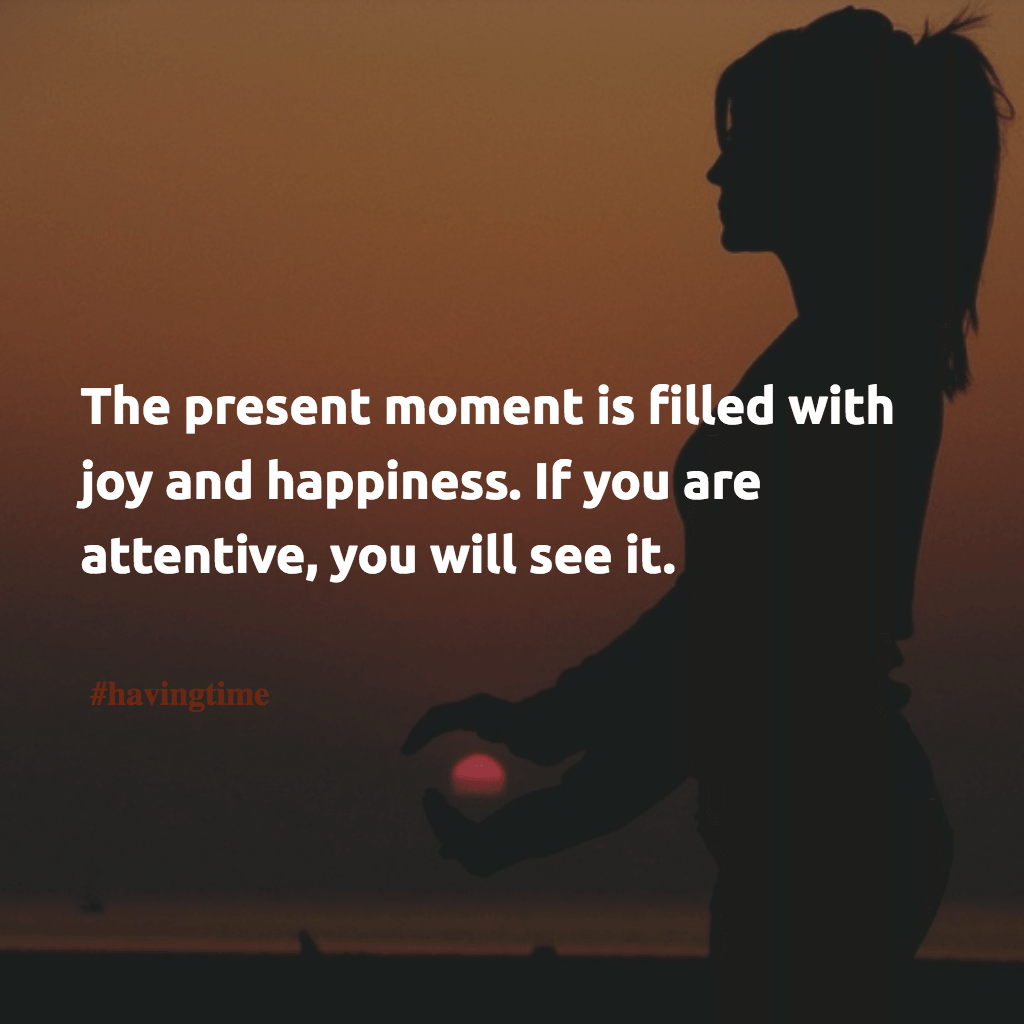
“Respond; don’t react. Listen; don’t talk. Think; don’t assume.” – Raji Lukkoor
That never used to be me, to respond, to listen and to think. Reacting to anything and everything (usually in an unhelpful way, at best), talking over people whose conversation was way more interesting and comprehensible than mine, and assuming the worst, the very worst – that was me, far more my style when I was an active addict, an alcoholic, a drunk, call it what you will. I was gone and alcohol was the reason.
6 years sober, consisting of a lengthy rehab, therapy, counseling, group meetings, and me trying and so far succeeding in getting my life back on track, has led me here. Not that I had the remotest idea what my life should be, but I’m pretty happy and content with the way it’s turning out now. Sober and mindful.
Part of that – in fact, a seriously big part of that – is my discovery of, and my introduction to, mindfulness. For those unfamiliar with the concept of mindfulness, it can be described as “the psychological process of bringing one’s attention to the internal and external experiences occurring in the present moment, which can be developed through the practice of meditation and other training.”
In other words, and for me, it’s all about right now, this very moment, how I feel, and what I’m experiencing. The result of this practice? Calm, sheer inner calm, something lacking from my life for so many years.
If you’re interested in what mindfulness could bring to your life, you don’t have to be a recovering addict like me to see the benefits. Mindfulness is for everyone and anyone. You don’t need any special equipment, just yourself, and some time and space set aside to learn the practice.
Believe it or not, there is also research to suggest that mindfulness can actually alter the physical structure of your brain, by engaging parts of the brain not used when we are running around on some kind of autopilot (what most people think of as “everyday life”).
5 Powerful Steps to Begin Living a Mindful Life
This article is aimed directly at those wishing to start their journey towards living a mindful life, providing you with 5 powerful steps to do so.
Don’t you believe that learning to be present in the moment, to be mindful, is some weird, obscure, “hippy trail” kind of practice (during my drinking days, my main hobby was bar-fights, most of which I won…) – it is about giving yourself the gift of calmness, truly a gift of great value in today’s technology-driven and hectic world. So let’s begin…
- Give Yourself Time
As mentioned earlier, all you need to practice mindfulness is your time, a part of your day when you are free from routine, interruptions, and the world outside. Don’t forget to switch off your smartphone…
The essence of mindfulness is learning to change your conditioned responses to what is around you and what you feel inside. You need the time and the space to do this successfully.
- The Present Moment
Mindfulness is not about controlling your mind to act or think in a certain way, and you will never achieve a calmness that is present every moment of every day. It’s about one simple thing – paying attention to the right now, without (and this is the tricky part) passing judgment on ourselves.
- Self-Judgments No Longer Matter
There are many things that have occurred in all of our lives, and we judge ourselves on those. It’s human nature to do so. Mindfulness, however, is noticing those judgments, considering them, and then simply letting them go. This is the difficult part, and it comes with practice.
- Back To The Moment
We are human. We think. Our minds wander, touching on subjects seemingly randomly at times. We day-dream. We fantasize, even.
Returning ourselves back to the present moment, once those thoughts have been considered and noted; without self-judgment or allowing those judgments to be acknowledged and then released, is what this practice is all about. Returning yourself to the present moment.
- Be Generous & Kind
As I just said, we are human. Don’t even judge yourself on the fact your mind may have wandered off. The trick is to recognize that your mind has done just that (gone for a mental walk) and then to bring it back to the moment. In other words, don’t beat yourself up for being a sentient human being – be generous and kind towards yourself.
Meditation: Just Breathe

Those are your 5 simple steps to begin living a mindful life. Practice and practice of these steps will get you there. Learning to return to the present moment, whatever you are feeling or experiencing, is the goal that you seek.
Here’s tip for you about meditation. It’s as easy as breathing. In fact, that’s exactly what it is. Using the physical action of breathing (it’s always with us) can be used as your route back to the present. We can’t turn our minds off, but we can return to now on our next breath.
Meditation and the practice of mindfulness, as described above, was and still is the rock on which my recovery relies. My practice of these is essential to my ongoing life as a sober member of the society I have rejoined (believe me, I was gone for years). Recovering alcoholics speak of serenity, and mindfulness gives me that serenity, that inner calm.
If there is something that you would like to add about the practice or benefit of mindfulness, please feel free to leave a comment below. Was there something important you wished to share? Please let us know. Your comments are valued.
Lastly, good luck, go easy on yourself, always return to the present, and just breathe…


